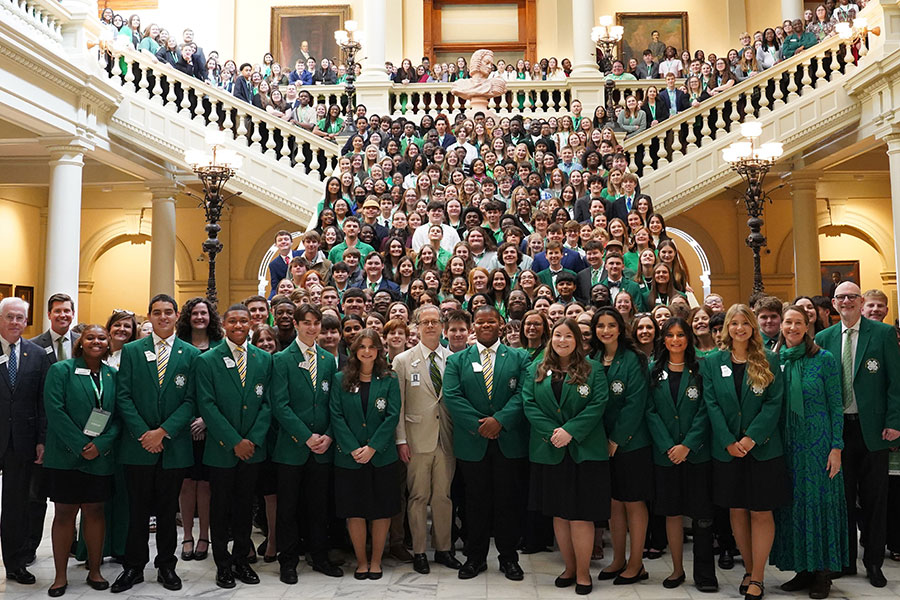Where have all the flowers gone?
The freeze took a bunch, but not every one.
"It's going to be a fairly dull spring, I'm afraid," said Frank Funderburk, a Bibb County agent with the University of Georgia Extension Service.
Funderburk said the early-March hard freeze stole some of the brilliance from Macon's March 15-24 Cherry Blossom Festival.
"We had some blooms that would have been open in a few days when the freeze hit. The freeze killed those," Funderburk said.
"Other blooms, even on the same trees, weren't damaged," he said.
Overall, he said, the freeze made the much-anticipated cherry blossoms less dazzling and later than they would have been.
The March freeze subdued the yearly display of spring flowering trees and shrubs throughout the state, Extension experts say.
The extent of the damage varies from north to south and from shade to sunlight (even in the same yard).
"Cherry trees here will lose a few buds, but we probably won't even notice it," said Jim Midcap, an Extension horticulturist in Athens.
Part of the problem, Midcap said, was not just the freeze itself, but the weather combination. A late-winter warm spell followed an unusually cold winter. The springlike weather sparked a flurry of plant growth statewide, and then the hard freeze hit.
Azaleas will likely lose some of their dazzle in more southerly parts, Midcap said. In middle Georgia, early-blooming varieties and plants in sunny spots all were hurt. And in north Georgia the azalea damage was probably not as severe.
Japanese magnolias, or saucer magnolias, were another story. "They were in pretty full bloom up here," Midcap said. "The freeze left them looking pretty sad."
In south Georgia, the late-winter blooms of saucer magnolias were already mostly gone by the time the freeze came through.
Bradford pears were in full bloom in central and north Georgia, too. "They were all white one day and pretty brown the next," Midcap said.
"Generally, any flowers that were open were killed," he said.
fRoses had started growing statewide, the Extension experts said. The untimely freeze killed back that new foliar growth. But the damage is temporary.
"The freeze killed the new growth, and roses will delay a little, reallocate resources and then force out new buds," Midcap said.
All of the freeze damage to flowering shrubs and trees should be temporary.
"The freeze didn't kill any trees or shrubs," Funderburk said. "It just knocked some of the color from this spring's show."






